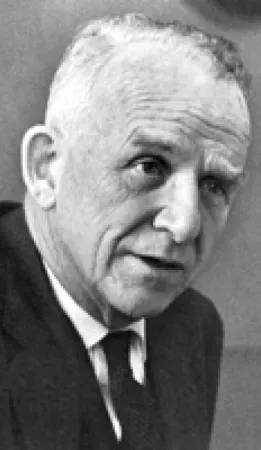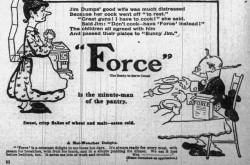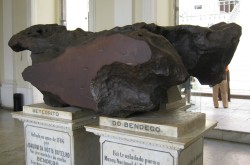His Words Became The "Conscience of Mankind"
This article was originally written and submitted as part of a Canada 150 Project, the Innovation Storybook, to crowdsource stories of Canadian innovation with partners across Canada. The content has since been migrated to Ingenium’s Channel, a digital hub featuring curated content related to science, technology and innovation.
John Peters Humphrey, lawyer and law professor at McGill University, authored the Universal Declaration of Human Rights, the document commissioned by the United Nations and adopted as its mission statement in 1948. It’s widely considered one of the single most influential documents of the 20th century, referred to as “the conscience of mankind” by Pope John Paul II. But for over a decade, a co-author, Rene Cassin, was given full credit as its creator – even winning the Nobel Peace Prize in 1968. Humphrey never spoke up, and might never have received credit were it not for a team of researchers who found a handwritten draft of the Declaration among Humphrey’s papers many years later. A New Brunswick native, Humphrey 20 years working on global human rights issues for the U.N. before returning to teach law at McGill until his retirement in 1995.

















